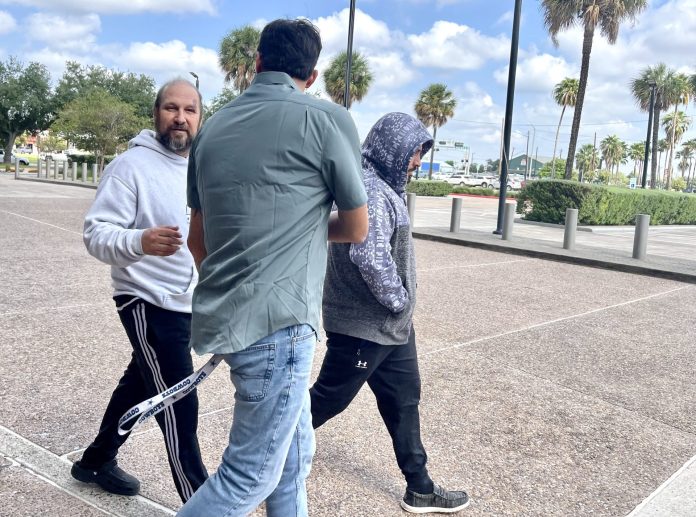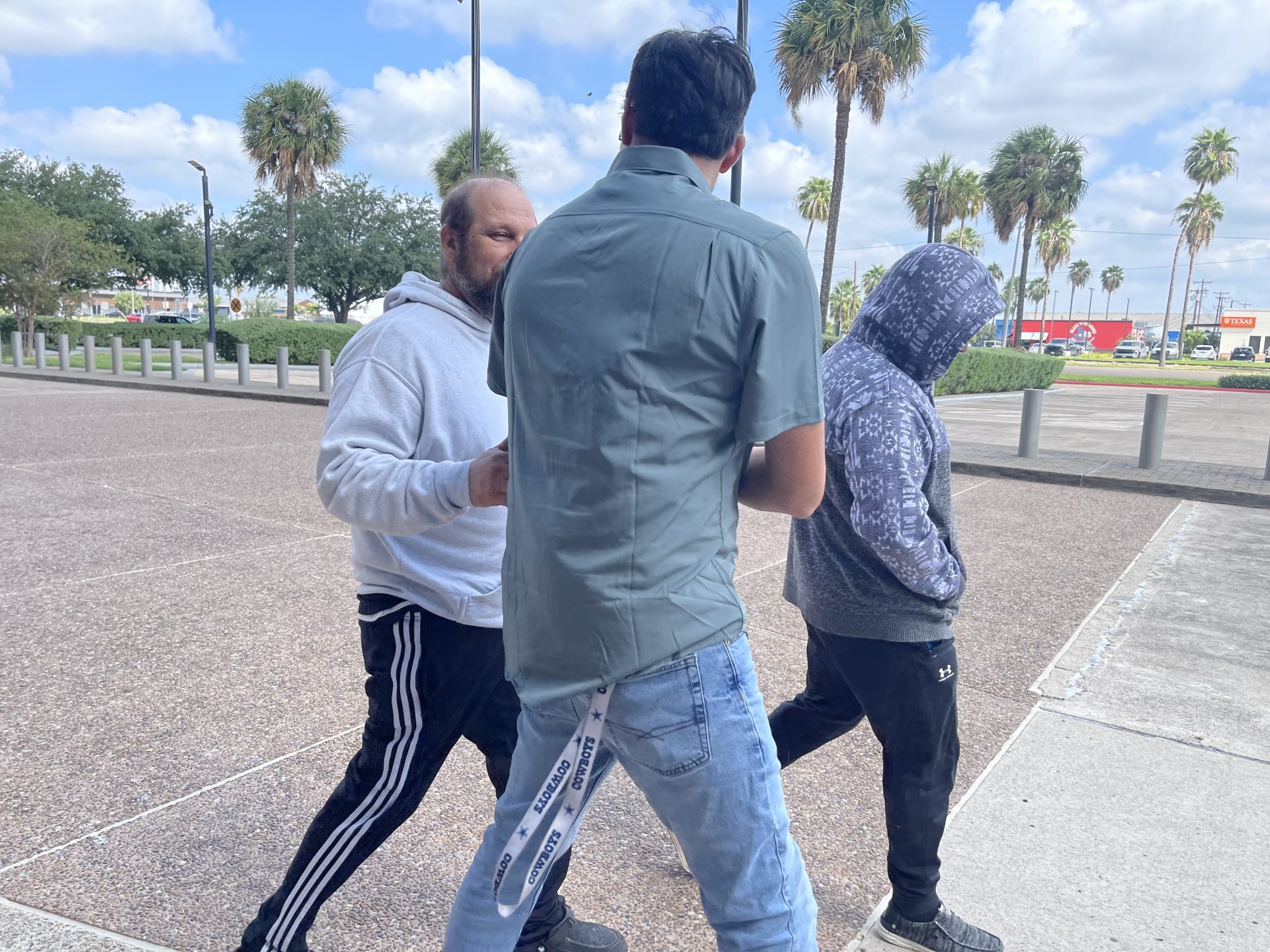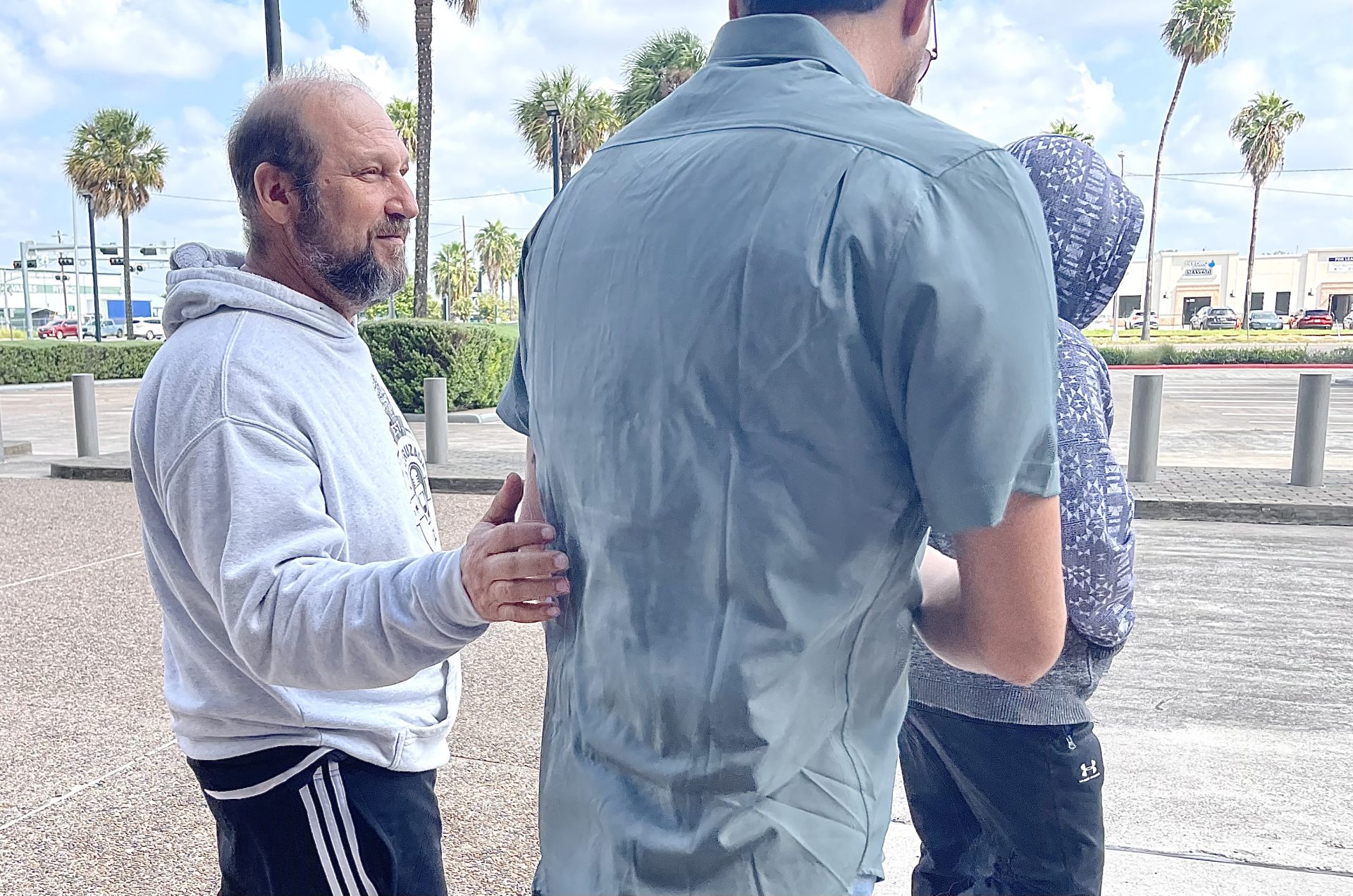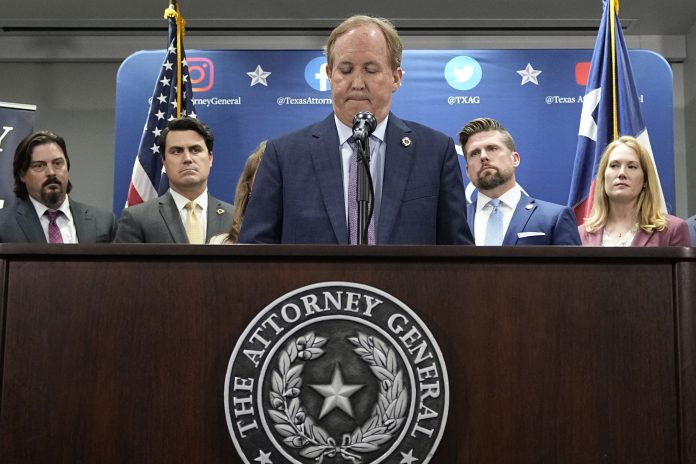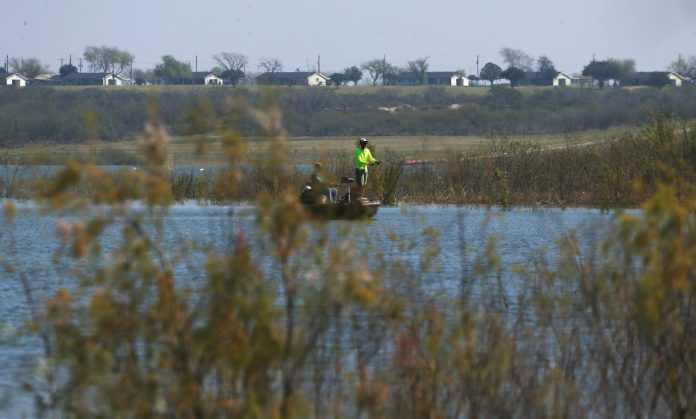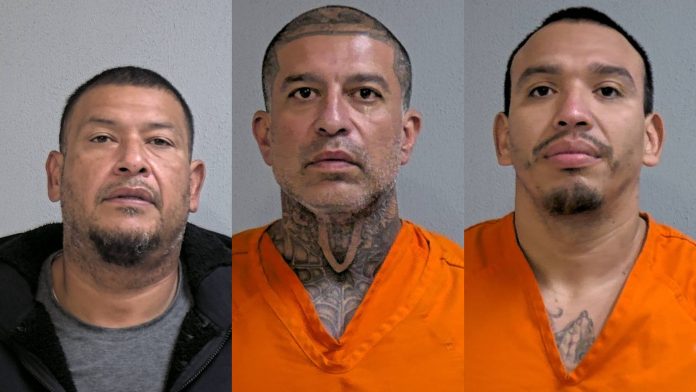
The former Delia’s Tamales employees who are suing the popular restaurant chain over claims of wage theft are now trying to add the company’s founder as a named defendant.
The group of former employees involved in the suit, which now number 30, are seeking the court’s permission to name Garza as a defendant in her individual capacity. Previously, the lawsuit has gone after the company alone, not any specific person tied to it.
The request, which was filed on Aug. 7, came just two weeks after FBI and IRS criminal investigations agents raided the company’s locations in the Rio Grande Valley and San Antonio.
But the company’s lawyers are firing back, saying the plaintiffs in the civil lawsuit are long past the deadline for amending their claims.
Further, Delia’s Tamales’ attorneys claim that Garza hasn’t been a meaningful part of the company’s day-to-day operations in years. They point to some of the plaintiffs’ own sworn testimony to buttress that assertion.
CHANGES COME AFTER RAID
On July 24, federal agents conducted simultaneous raids on Delia’s restaurants in McAllen, Pharr, San Antonio and elsewhere. Hours later, those agents could be seen removing boxes of what appeared to be documents.
Two weeks later, the company’s former employees filed their request to add new allegations and name founder Delia Garza to their lawsuit.
The plaintiffs cite a federal statute that relates to the crime of racketeering and the “collection of unlawful debt” in the request.
The plaintiffs included a copy of the amended petition they hope the court will approve.
The 22-page document contains substantial changes from the current version of the lawsuit, including a reintroduction of allegations that Delia’s Tamales engaged in a practice of supplying fraudulent Social Security cards to the employees.
It also seeks to rebrand the lawsuit from one where nearly three dozen former workers are arguing distinct cases, to a class action lawsuit, wherein their allegations can be taken in the aggregate.

THE ALLEGATIONS
The company allegedly withheld Social Security deductions from the employees’ paychecks, all the while keeping the money for itself, the workers claim.
Those allegations were initially included as part of the lawsuit when it was first filed in state district court in Hidalgo County.
But once the suit was transferred to federal court, those allegations were left out of the plaintiffs’ amended pleadings.
Now, the former workers are realleging that Delia’s fleeced them of their Social Security benefits, fired them when they reached or nearly reached retirement age, and then threatened them based on their undocumented immigrant status.
“Defendant furnished fake social security cards to Plaintiffs. Plaintiffs were led to believe retirement/social security deductions were being deposited into their social security account provided by Defendants,” the proposed amended lawsuit reads, in part.
“Defendants provided fake social security cards and permanent resident cards to Plaintiffs. … Defendants terminated Plaintiffs because of their legal status,” it further reads.
Other allegations include that workers were forced to work long hours — some as much as 70 hours, or seven days a week — without being paid overtime.
Some of the former workers also claim that the company misclassified them as “managers” in order to avoid paying them overtime.

DELIA GARZA
As for the new allegations against Delia Garza, the woman who founded the company after selling tamales door-to-door, the former workers allege that she exploited undocumented immigrants.
They further claim Garza broke federal RICO statutes by committing wire fraud, creating fraudulent government documents, and laundering money.
“The RICO Defendants racketeering activities were multiple, continuous, and ongoing from about 2002, and this remains ongoing,” the proposed petition states.
But in their response to the workers’ new allegations, attorneys for Delia’s Tamales say it’s too late to change or add to their allegations.
“Before the Court is Plaintiffs’ Motion for Leave to File Second Amended Complaint (the “Motion”) filed almost seven months after the deadline,” the company’s Aug. 28 response reads, in part.
The proposed amended lawsuit, “is littered with the same, old, salacious allegations Plaintiffs asserted in their Original Petition,” the response further states.
But, if the court does allow the workers to amend their lawsuit, then the attorneys argue that Delia Garza has no place in it, since she is no longer actively involved in the company’s operations.
“Ms. Garza has not been involved in (Delia’s Tamales’) daily operations or decision making since at least 2018,” the response reads.
“Beyond this, and importantly, the statute of limitations for any actions Ms. Garza might have taken during her involvement … has long run, so adding her as a defendant to these proceedings would be improper,” it further reads.
The company’s attorneys point to admissions from some of the former workers’ themselves, whose testimony has already been memorialized as part of depositions in the lawsuit.
“Plaintiffs admit that they know of no-decision-making by Ms. Garza,” the response reads.
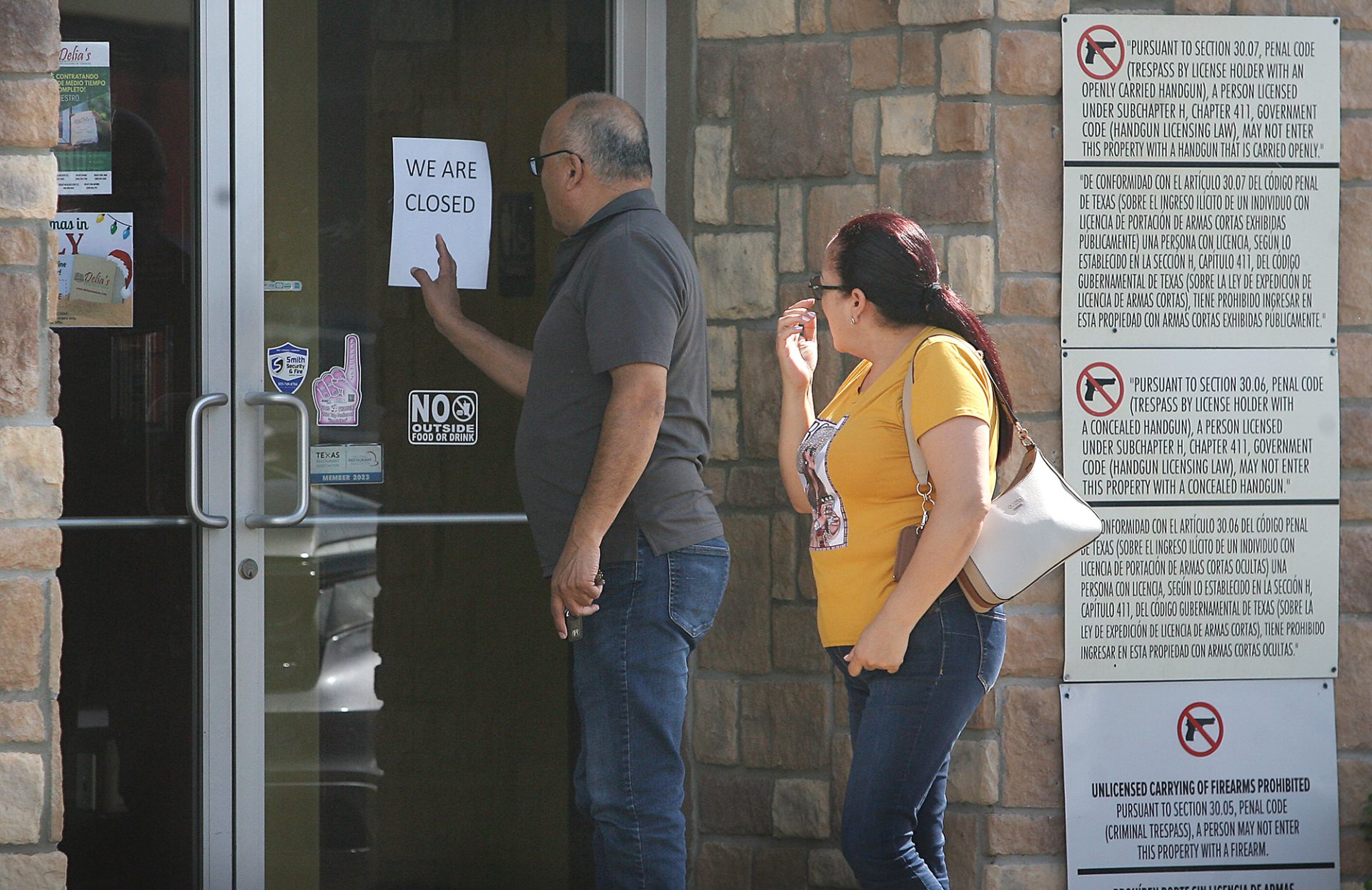
COMPANY PUSHES BACK
The company also pushes back against allegations made in court earlier this year that Delia’s maintained “two sets of books” — one to track legitimate payroll, and another to keep tabs on under-the-table payments.
Again, they cite the depositions of some of the workers, who say they had no personal knowledge of such a practice.
Finally, Delia’s argues against allowing the former workers to change their lawsuit into a class action case.
Allowing them to do so would completely change the nature of the litigation, they say.
“The proposed Second Amended Complaint greatly shifts the landscape of this case,” the response reads.
“Such amendment totally resets this case on the Court’s docket, restarts discovery, invites more discovery struggles, prejudices Defendant, and causes undue delay,” it further reads.
The court has yet to make a decision and a hearing to settle the issue has not been set.
Here’s the latest update:
Judge denies former workers’ request to change Delia’s lawsuit


